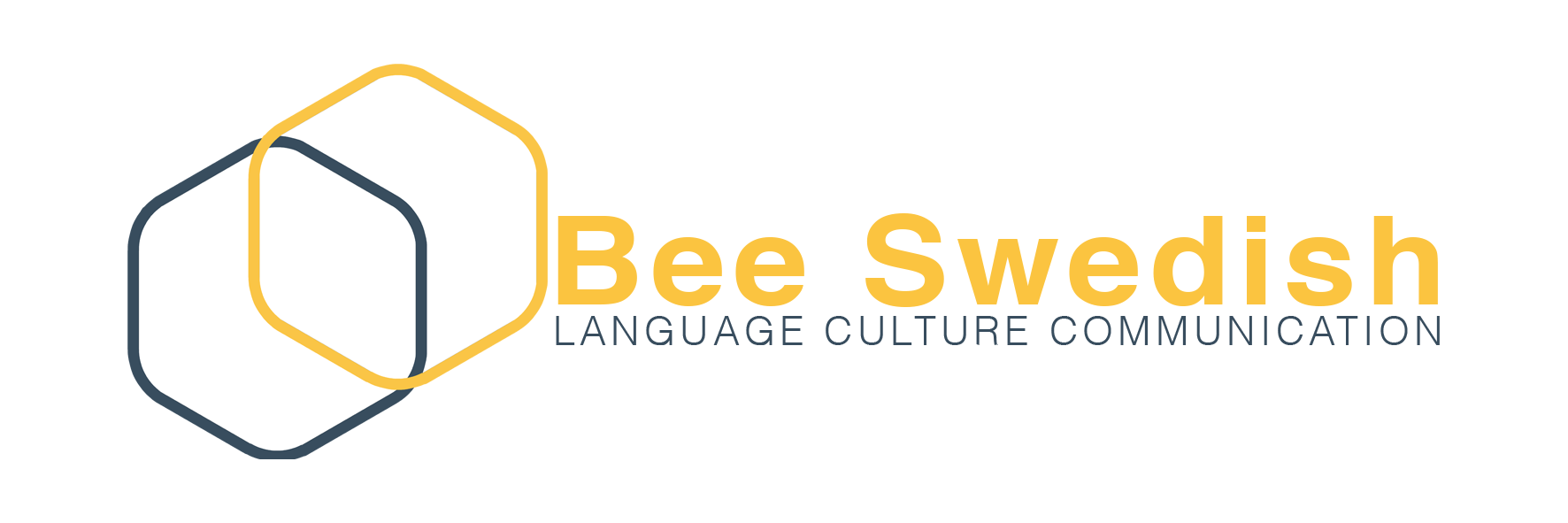Imagine you arrived to Sweden one hundred, or even twenty years ago
Understanding the necessity of learning the local language, you would probably try to get hold of a Swedish teacher, joining group sessions or paying a little extra for private tuition. Your budget would probably determine whether this person would be a qualified, experienced educator, or just someone with a grasp of their native language. That person, perhaps together with a dictionary, would be the very entrance to the language for you. They would be the one to introduce you to new vocabulary, explain grammar, and make you do your homework.
Today, you are not as dependent on your teacher
You would probably start orienting yourself about Swedish even before departing your own country. If you believe a dictionary is necessary, it could be bought online. Otherwise, there is an endless number of resources online, dictionaries, translation services, learning platforms of different kinds. You could choose which methods and forms suit you the best. It would probably not cost you very much.
When arriving to Sweden, you can continue using your pre-departure solutions, at the same time as you start experience the language also outside the learning environment. Your surroundings will be saturated in language – spoken, written, that you can integrate into your digital learning experience.
Still, many of you sign up for language courses
And I mean, real, physical, classroom courses, on a set hour, starting on a fixed date. If you are looking for reasonable teaching quality, you are probably paying a significant part of your income – or coming income, for this. You bring physical books, paper, pens, dictionaries, chocolate, juice. You make lists in notebooks. You annotate your course literature. And you build a relationship of trust with your teacher.
Language is a social contract
Although digital learning tools are designed to simulate this, and I am not doubting that AI will take this further than we can imagine, we cannot yet see a platform that is able to create the same social relationship to their students as a real-person teacher can.
Learning a language is much more than getting hold of information, integrating it, and revising it. Learning a language is a complex process, not always easy and joyful. However skilled and you are, and how motivated the rational part of you os, your progress is sabotaged by many factors: Lack of motivation, boredom, tiredness, distractions, seemingly slow progress, poor memory, bad language learning experiences.
This is when your teacher will do the job their digital equivalent cannot do
They will define exactly what it is that you cannot understand when you are looking at a new piece of grammar. Your teacher will remember not only what you were struggling with last time (a computer can easily do that), but also remember how you have reasoned together to solve problems together before. They know what linguistic, cultural and personal references you have, and build each exercise onto something you already know. They will provoke you to react, to share your personal experiences with them, in the new language. You will get to know each other.
A good teacher will make you laugh when things are difficult, make you angry when you are sleepy, scare you when you cannot be bothered to do your homework. The will praise you, laugh with you, laugh at you, motivate you, explain to you, test you, ask you, tell you, threaten you, remind you, remind you again, forgive you.
Your teacher cares.
